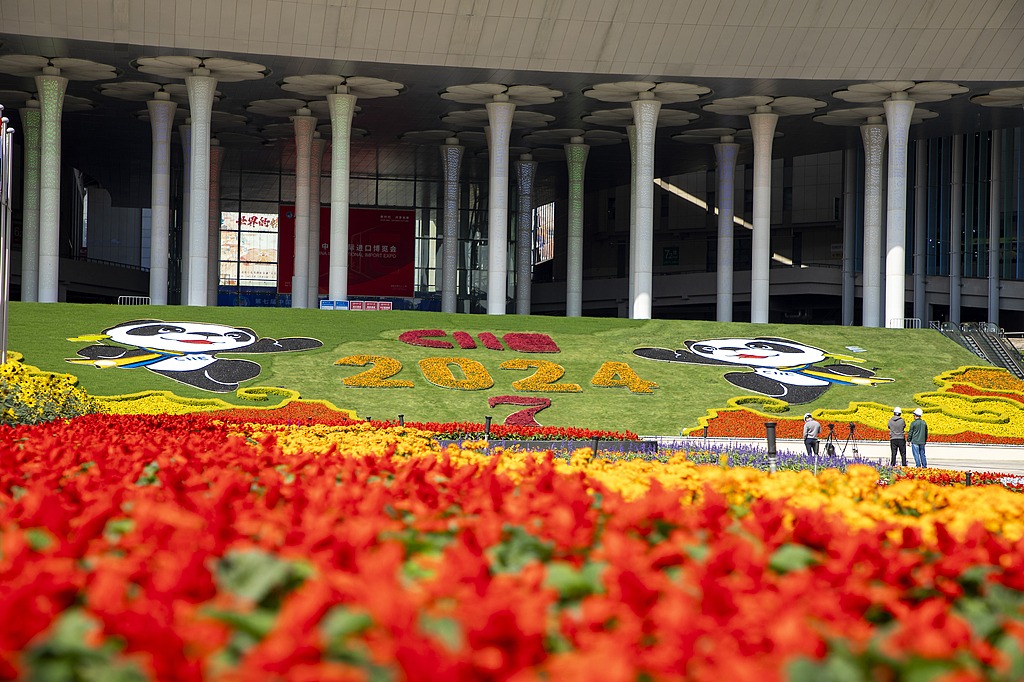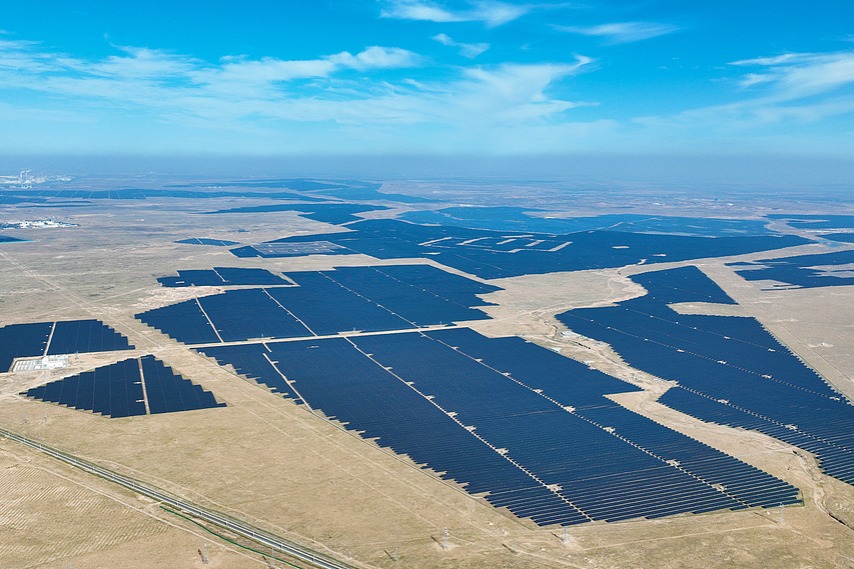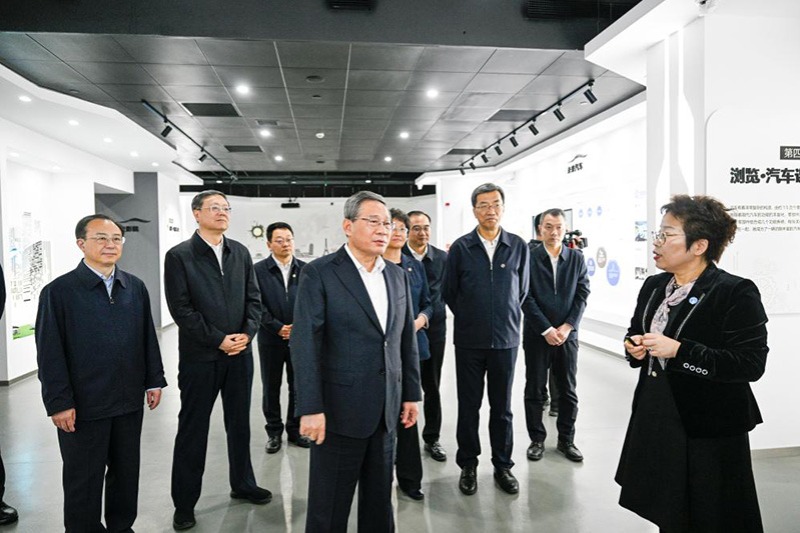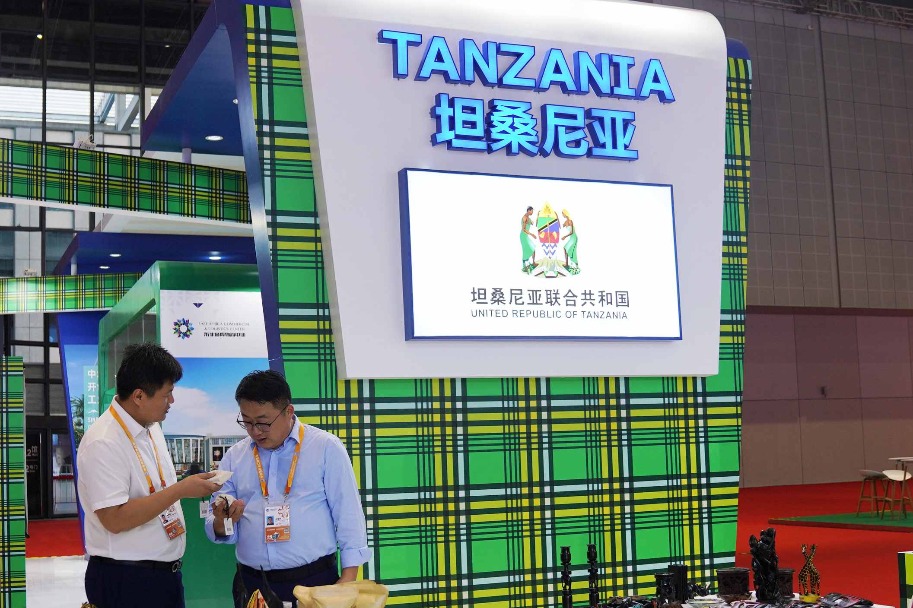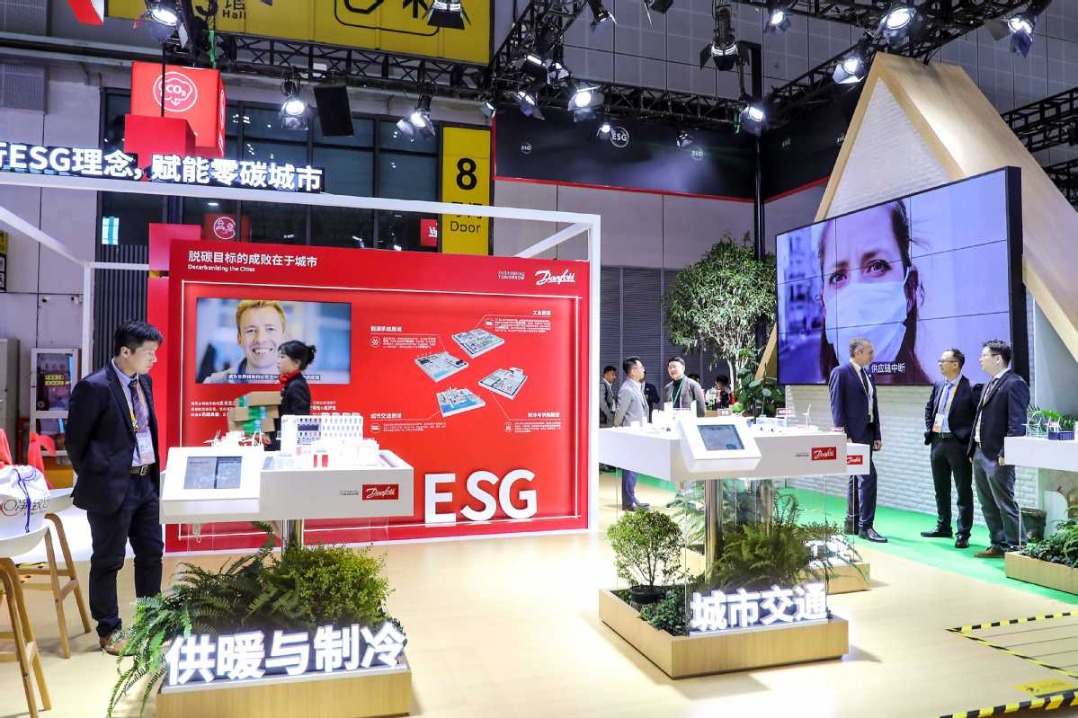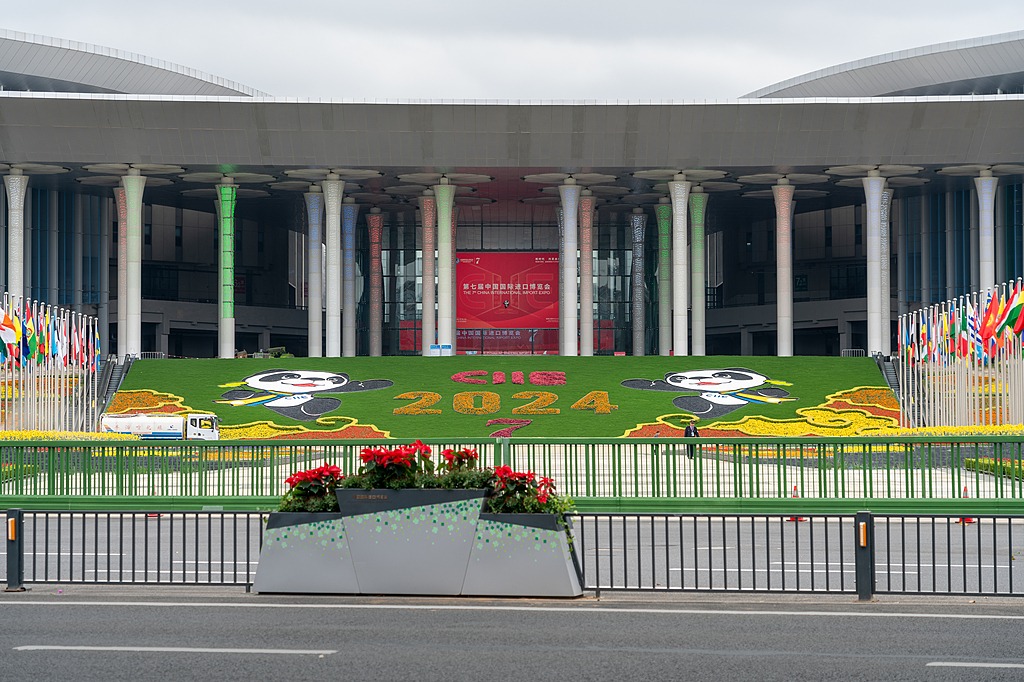Bullet train fare set to hike in Southeast China

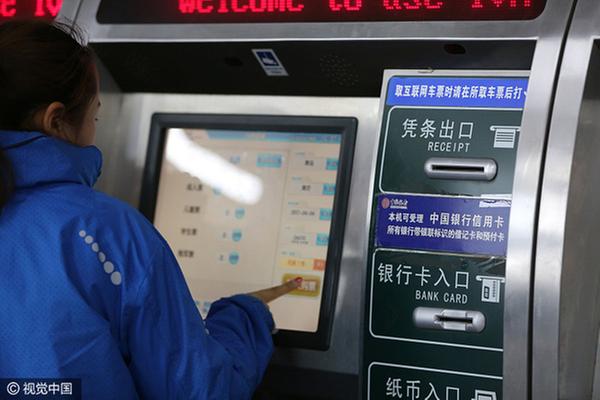 |
| A passenger buys a train ticket at a subway station in Qingdao, East China's Shandong province, April 4, 2017. [Photo/VCG] |
The ticket prices for high-speed trains shuttling between coastal cities in Southeast China will be raised for the first time from next Friday, according to a report by the China Business Network.
The price hikes involves bullet trains running from Shanghai to Hangzhou, from Hangzhou to Ningbo, and from Ningbo to Shenzhen.
Prices will go up by more than 50 percent for most first-class seats of bullet trains traveling on the 1,309 km route from Ningbo to Shenzhen, while the prices for second-class seats on this route will climb by 16 to 20 percent, the CBN cited information from the online customer service portal of China Railway Corporation.
The prices for second-class seats from Shanghai to Hangzhou and from Hangzhou to Ningbo will rise by more than 10 percent.
The markup shows an attempt towards market-oriented reform of the railway sector, and will help the railway operator reduce losses and make the railway sector more attractive to private capital, said analysts.
Earlier reports by the People's Daily show that high-speed trains in the coastal region of Southeast China have been suffering losses despite a daily schedule of 622 trains and a high average load factor of more than 80 percent.
Currently, the ticket prices of high-speed trains in the southeastern coastal area follow the standards for high-grade soft seats that were adopted in 1997, which are lower than highway fairs in the region, according to a source with the China Railway Corp.
Take the fare for the section from Xiamen to Shenzhen as an example. Traveling by highway takes eight hours and costs 372 yuan ($54), while traveling by second-class seat bullet train takes 3.5 hours and costs 150 yuan.
After the markup, bullet trains still enjoy advantage in traveling time and ticket price, an official of the China Railway Corp said earlier.
Sun Zhang, professor of the Institute of Rail Transit of Tongji University, said high-speed train prices should reflect both public and commercial benefits.
It is feasible for the southeastern coastal region to pilot the markup of bullet train prices as the region is more economically developed and high-income and business people place priority on fast and comfortable services and are less sensitive to price changes, he added.
Improvement in railway returns will help attract more private capital into the sector and serves the sustainable development of high-speed railway construction, he said.
Construction on the Hangzhou-Shaoxing-Taizhou high-speed railway, China's first high-speed railway private-public-partnership (PPP) project, started December last year. Private investment in the project accounts for 51 percent of the total.
As the largest centrally administered Stated-owned enterprise (SOE), the China Railway Corp boasts total assets of 6 trillion yuan. The SOE said at the beginning of the year that it will give priority to mixed ownership reform this year.
The Central Economic Work Conference held at the end of the last year called for pragmatic steps in the mixed ownership reform in the railway sector in 2017.




















